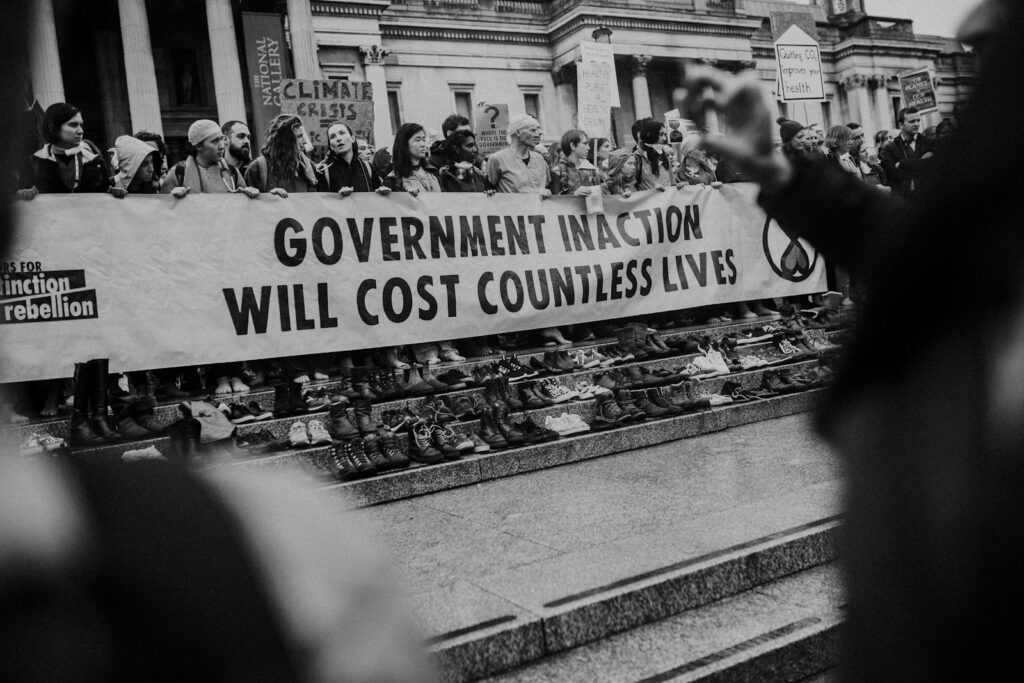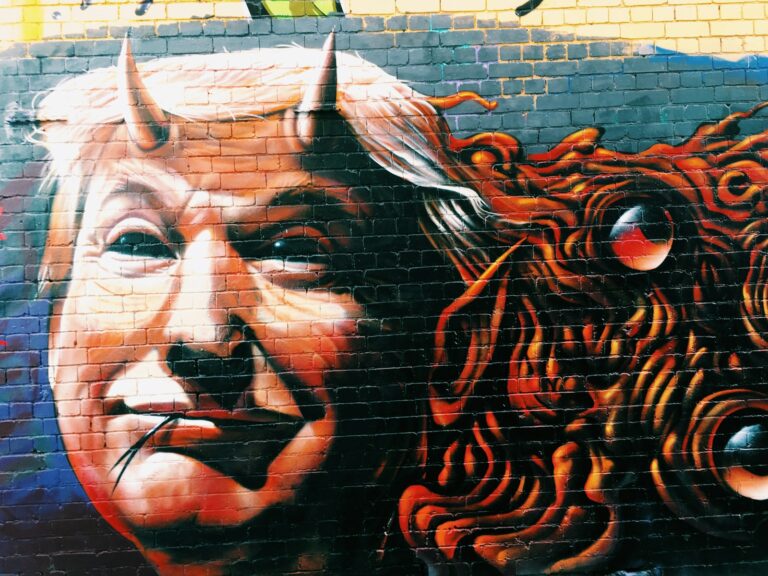In a world filled with uncertainty and chaos, one question has been debated for centuries: is the government good or evil? Some believe that it is a benevolent benefactor that exists to serve the people, while others believe that it is a power-hungry villain that seeks to control every aspect of their lives. As someone who has always been confused and amused by this debate, I have decided to weigh in with my own perspective.
“The Great Debate: Is the Government Your Friend or Foe?”
The debate over the nature of the governing systems is as old as democracy itself. Some argue that the government is a necessary evil, a force that must be tolerated in order to maintain law and order. Others believe that it is a force for good, a beacon of hope in a world filled with darkness.
On the one hand, it is what provides essential services such as education, healthcare, and infrastructure. It also protects our basic rights and freedoms, such as the right to speech, assembly, and religion. Without the government, we would be left to fend for ourselves in a chaotic and dangerous world.
On the other hand, the government also has the power to infringe on our rights and freedoms, to control our lives in ways that are both subtle and insidious. It can also be corrupt, with politicians seeking to line their own pockets rather than serving the public good. In some cases, the government can even become a force for oppression, using its power to suppress dissent and stifle freedom.
In short, the system is both friend and foe. It is a necessary evil, a force that must be carefully balanced in order to serve the public good.
“Why I’m Still Unsure if the Government is a Benevolent Benefactor or a Power-Hungry Villain”
Despite the arguments for and against the powers that be, I remain unconvinced. I am still unsure whether the government is a benevolent benefactor or a power-hungry villain.
Part of the reason for my uncertainty is the sheer complexity of the issue. The government is not a monolithic entity, but rather a diverse and often contradictory collection of institutions and individuals. It is made up of politicians, bureaucrats, judges, and other officials, each with their own motivations and agendas.
Another reason for my uncertainty is the fact that the system is not always consistent in its actions. It can be both generous and cruel, both just and unjust. It can also be arbitrary and capricious, acting on a whim rather than a principled basis.
Finally, I am uncertain because I am not convinced that the government truly has the public good in mind. While it may claim to serve the people, it is also true that the “power” often serves its own interests, whether that be power, money, or ideology. It is a complex and often contradictory institution, and one that requires constant scrutiny and criticism.
In short, the government is a puzzle that I am still trying to solve. It is a force that both fascinates and frustrates me, a challenge that I am still grappling with.

“How to Tell if Your Government is More ‘Friend’ than ‘Foe’ – A Guide for the Confused and Amused”
Despite my uncertainty, I believe that there are some signs that can help us determine whether our government is more ‘friend’ than ‘foe’. Here are a few guidelines that may be helpful:
- Look at the actions, not the words. While politicians may claim to serve the public good, it is their actions that matter most. Do they actually deliver on their promises, or do they simply make empty promises? Do they listen to the people, or do they ignore their concerns? Do they act with integrity and honesty, or do they engage in corruption and deceit?
- Pay attention to the institutions. The government is not just the politicians, but also the institutions that support it. Are these institutions transparent and accountable, or are they opaque and corrupt? Do they serve the public good, or do they serve their own interests? Do they respect the rule of law, or do they violate it?
- Look for signs of democracy. Democracy is not just about elections, but also about the principles that underlie it. Are there free and fair elections, or are they manipulated and rigged? Are there independent media and civil society organizations, or are they silenced and suppressed? Are there opportunities for participation and engagement, or are they restricted and controlled?
- Evaluate the impact on people’s lives. Ultimately, the most important measure of a government’s success is its impact on people’s lives. Are people better off as a result of government policies, or are they worse off? Are there opportunities for social and economic mobility, or are they restricted and limited? Are people able to live with dignity and respect, or are they subjected to poverty and oppression?
In short, determining whether a government is more ‘friend’ than ‘foe’ requires a complex and nuanced analysis. It requires us to look beyond the rhetoric and the slogans, and to focus on the actions, institutions, and impact of the government. It requires us to be both critical and compassionate, both demanding and understanding.
In conclusion, the debate over the nature of the government is far from over. While some believe that it is a benevolent benefactor, others believe that it is a power-hungry villain. As someone who remains uncertain, I believe that it is our duty to continue to scrutinize and criticize the government, while also recognizing the complex and often contradictory nature of this institution. By doing so, we can ensure that the government remains accountable, transparent, and responsive to the needs of the people.






